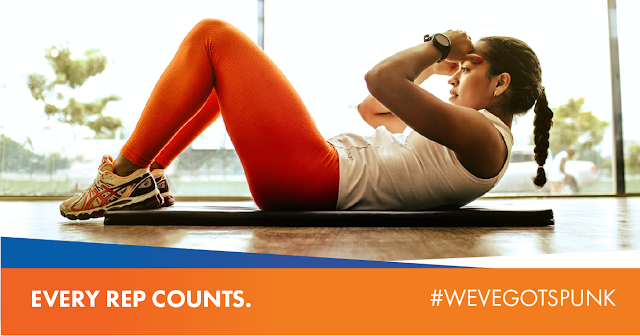Are You Suffering from Fitness Technology Overload?
Wearable technology, gym equipment with advanced programming, GPS trackers, smart clothing – we’re living in the age where technology has become an integral part of how we work out, whether in or outside the walls of a fitness center. Technology helps us stay motivated, track our progress, and be more deliberate about reaching our goals, but it can also have a negative impact on our workouts if we aren’t careful.
Consider these potential downsides to using technology to boost your workouts. Are you suffering from fitness technology overload?
When technology becomes a crutch
Listening to music, podcasts, or television while workout out have become the norm. Media distracts us, entertains us, and the beat of a favorite song can even motivate us. Being able to check our heartrate, pace, and mileage provides assurance we’re making progress. But what if these things weren’t available – would the readiness of technology make or break your workouts? Just as technology can be motivating, it can also become a crutch.
The safety question
Always listening to music with earbuds while you’re outside running or cycling dulls the sounds around you and places you more at risk for a traffic accident; glancing down for a moment to check your smart watch could also put you in danger. Just as technology can keep you safe in an emergency when you’re exercising outside or alone at the fitness center, it can also pose a safety risk.
A source of stress
Constantly monitoring your performance during a workout can become a source of anxiety if you’re having an off day. Instead of appreciating the fact that you can exercise and dwelling on the progress you’ve made, technology encourages you to focus only on numbers. This is counterintuitive to one of the major health benefits of exercise -- its ability to release endorphins and relax the body.
Unrealistic expectations
Maybe you didn’t push yourself as hard before you had a fitness tracker, but wearables also introduce the opposite risk of pushing yourself too hard. Listening to the motivational coach on your device rather than keeping in tune with your body is a recipe for burnout and injury. Just as fitness trackers can help you set goals, they can encourage unrealistic expectations.
The answer to overload: unplugged workouts
If this has made you realize you have a problem with technology, it doesn’t mean you should ditch your fitness technology for good -- but you should consider taking a break from it occasionally. Doing your workouts without any assistance or distraction from technology will feel strange and maybe even miserable at first, but unplugged workouts come with many benefits:
- If you’re exercising outside, you’ll gain a renewed appreciation for your surroundings.
- You’ll tune in to the rhythms of your body and the phases it goes through during a workout.
- You’ll be more sensitive to warning signs of over-exertion or injury.
- You’ll gain a greater appreciation for working out with friends.
- You’ll re-learn how to harness the power of self-motivation and being your own fitness coach.
Enjoy technology and wearables as tools that help you make the most out of your workouts, but don’t let them take you focus from what it’s all about.




Comments
Post a Comment